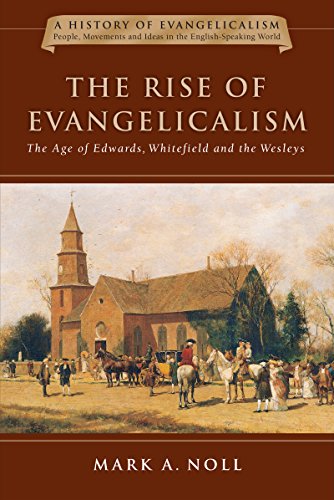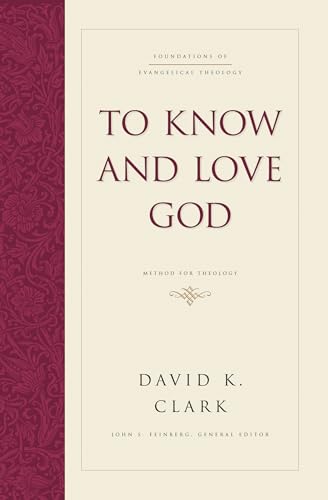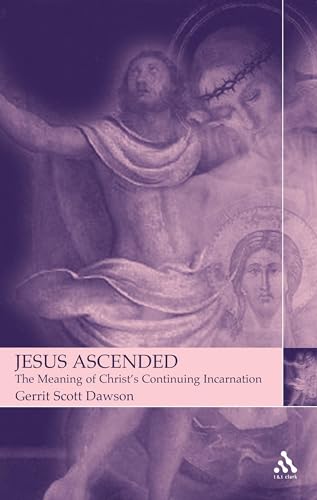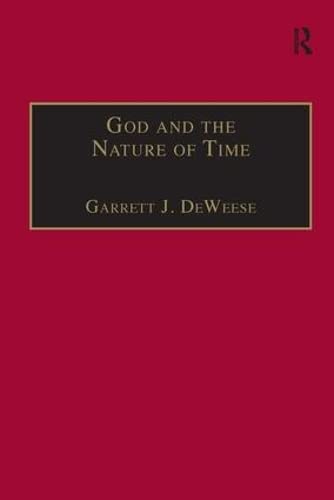MOSES, GOD AND THE DYNAMICS OF INTERCESSORY PRAYER
Written by Michael Widmer Reviewed By David BostockThis work is a revision of Widmer’s Durham PhD thesis which was supervised by Walter Moberly. It begins with a wide examination of several scholars’ work on prayer in the OT. A survey of approaches to intercessory prayer with particular reference to Moses then follows. The main part of the study, however, is an examination of the intercessory role of Moses as portrayed in Exodus 32–34 and Numbers 14. This is undertaken with an understanding of OT prophets as not only proclaimers of the divine word, but also as intercessory advocates of a sinful Israel before YHWH.
A close reading of Moses’ prayers in Exodus 32–34 is provided. In connection with the first prayer is the interesting question of the changing of YHWH’s mind is 32:14 (119–22). This theme is revisited at the end of the concluding summary (345–49). Widmer understands YHWH’s ‘Leave me alone’ (32:10) as a deliberate provocation to get Moses to pray. ‘It seems as though God chooses to make His will vulnerable to Moses by presenting him with the implicit option of not letting Him go ahead with the deserved judgement’ (348).
The second prayer (32:31–32) includes Moses’ petition, ‘Blot me out of your book’. Widmer finds no explicit statement of Moses offering himself as a ransom, so he prefers to see this is an expression of solidarity by Moses, who is indicating his willingness to share Israel’s fate. He interprets verse 32 not as a threat, but as ‘loyal opposition’. Moses opposes the idea of becoming the means of a new start, though he remains loyal to YHWH in seeking to maintain YHWH’s decree regarding his covenant with Israel.
The third prayer of Moses is answered by what is arguably the fullest revelation of God in the OT. The disclosure of God’s name in 34:6–7 is understood to be part of the fulfillment of the announcement by YHWH that he will pass before Moses and reveal his name. The meaning of the punishment of the children and their children to the third and fourth generation is discussed; Widmer considers collective punishment, transgenerational punishment and deferred punishment, but the theme is taken up again when Numbers 14 is examined.
In discussing the fourth prayer, Widmer considers the meaning of the root slh (34:9). He argues that ‘to forgive’ is a misleading translation, as Moses does not exclude the possibility of punishment, but seeks the preservation of the covenantal relationship.
After discussing the possible sources of Numbers 13–14, Widmer proceeds with a canonical reading. Of particular interest is the inner biblical relationship he sees between Numbers 14:17–18 and Exodus 34:6–7. Numbers 14:18ff. are seen as a kind of commentary on the visitation of the fathers’ sins upon the children. The innocent children had to stay with their parents in the wilderness and so endure their punishment, but after the demise of the rebellious generation, the children would be free from judgment. Ezekiel 18, and its apparent inclination towards individual accountability, is also drawn into the discussion (322–24). Yet, Widmer notes that Ezekiel is addressing Israel corporately and that the rejection of ‘inter-generational retribution’ stands in tension with the reality of a second generation of exiles suffering for the failings of their fathers.
A considerable number of quotations form German works are included and the Hebrew is not transliterated. This reviewer would have appreciated a larger Hebrew font size, but otherwise I warmly recommend this book not only to the OT theologian for its scholarly content, but also to preachers who will find it a treasure trove.
David Bostock
Sunderland







